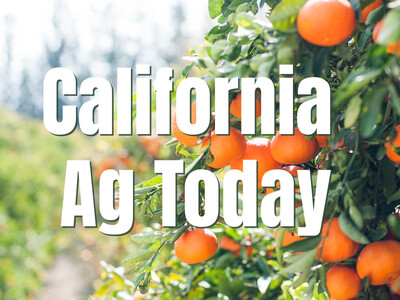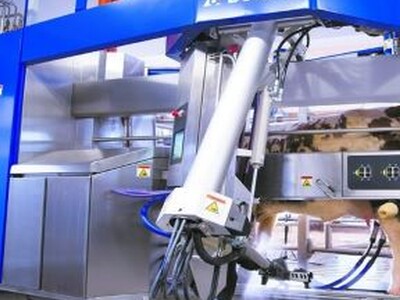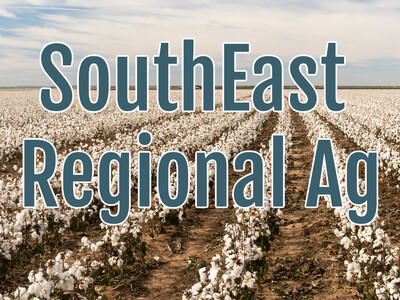Organic Integrity
I have to admit that I struggle with the use of certain technologies that might be admissible in the production of organically labeled foods but seem to collide with the principles of organic production. For example, organic production vilifies genetically modified organisms, known as GMO's. That said, Undersecretary of Agriculture Greg Ibach recently told a congressional panel looking into the whole issue of organic production: "We've seen new technology evolve that includes gene editing, that accomplishes things in shorter periods of time that can be done through a natural breeding process. And I think there is the opportunity to consider whether it is appropriate for some of these new technologies that include gene editing to be eligible to be used to enhance organic production and to have drought resistant disease resistant varieties available.But there is already a fierce debate on this one and other aspects of organics, such as questions of whether livestock animals have to be housed or kept in a certain way in order to be sold as organic. Ibach says setting standards for what is organic and what isn't is a really tough job. It includes balancing everybody's ideas of what they think organic means. He says the main thing in all of this is that we consumers need to know that when we shell out extra money for so-called certified organic products, that we're really getting organic and that we can trust. Once again, the integrity of the organic label.














